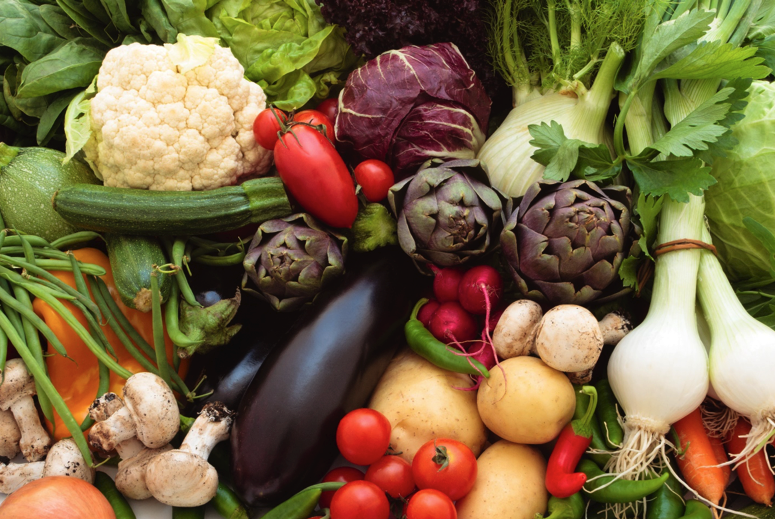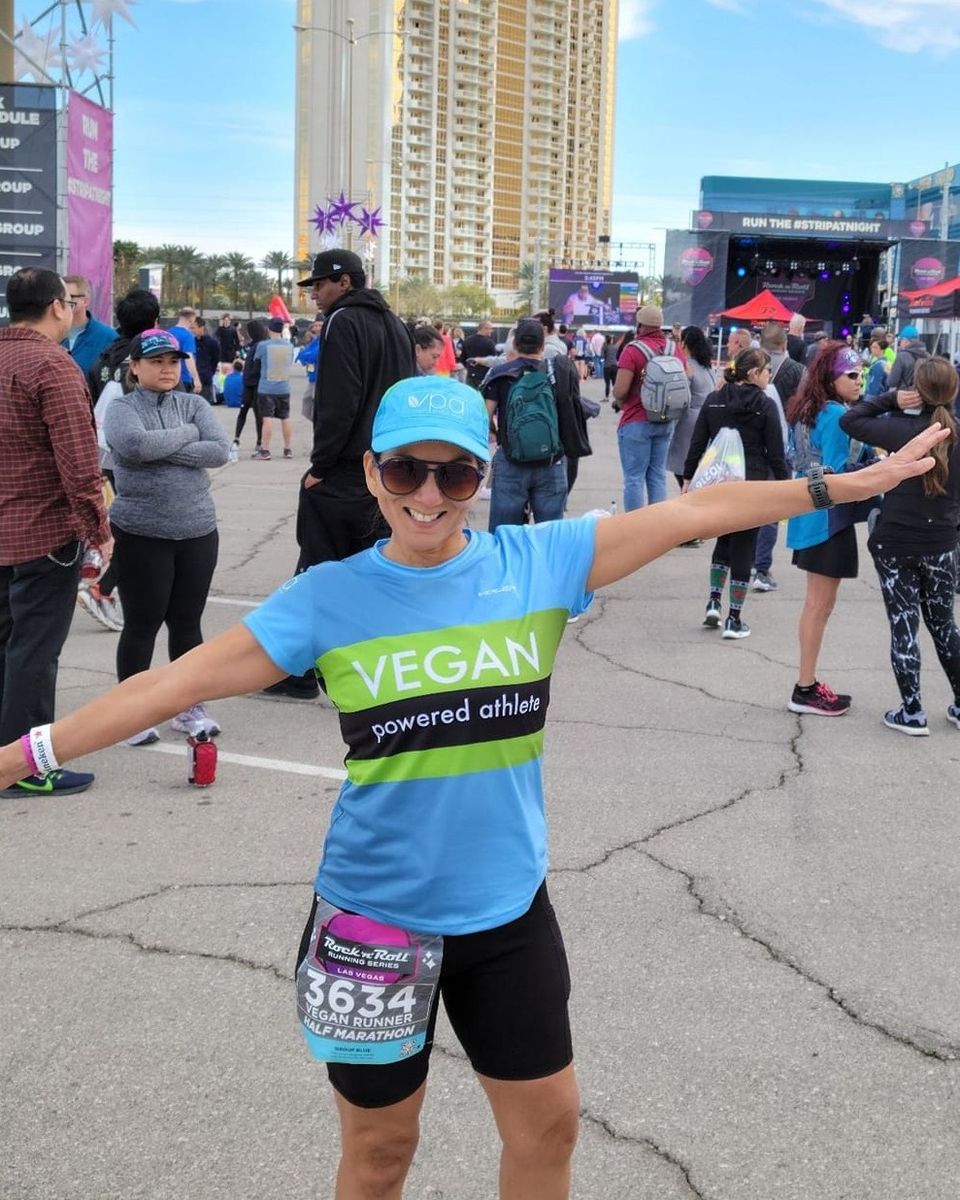
Gastrointestinal problems are commonly reported by endurance athletes as a result of the strenuous physical activity over time that they put their bodies through.
Many also report that stomach problems can impair their performance at competitive events and slow their subsequent recovery.
Gastrointestinal symptoms are common in many sports, but are particularly troublesome in endurance events.
Studies generally find that 30 percent to a whopping 90 percent of endurance athletes such as distance runners experience stomach and intestinal problems due to exercise.
The problem is so serious that anecdotally, gastrointestinal issues might be the number one cause of underperformance at endurance events.
Endurance legend Bill Rodgers (who scored four victories in the Boston and New York City marathons in the late 1970s) said, “More marathons are won or lost in the porta-toilets than at the dinner table.”
The kind of complaints vary and include symptoms like nausea, vomiting, stomach pain, and even bloody stools and diarrhea. The intensity of symptoms ranges from mild discomfort to dangerous, long-term health problems.
In one study, 43 percent of triathletes reported severe gastrointestinal problems and, as Rodgers could have predicted, 7 percent even reported abandoning a race because of GI problems.
In two 161-kilometer ultra-marathons, nausea and/or vomiting were the main reasons cited by non-finishers for dropping and were the second most-reported problem affecting race performance among finishers.
But the good news is making the right nutritional choices can reduce the amount of gastrointestinal discomfort during and after exercise by ensuring that everything “flows” at the right pace and that water and nutrients are absorbed well.
Interestingly enough, a vegan diet fits the nutritional profile for avoiding or lessening GI discomfort for athletes during endurance events.
One thing to remember regardless of nutritional content, is that dehydration is known to worsen symptoms and that many problems can occur as a result of too little or no food intake at all before or during exercise.
As for the food to avoid, strong anecdotal evidence and some studies say the main culprits in causing GI distress for endurance athletes are: high fiber, fat, protein, and fructose.
High fiber, fat, protein, and fructose have all been shown to cause greater risk of developing gastrointestinal symptoms.
A vegan diet tends to steer you pretty clear of too much fat and protein, while avoiding sweets and sugary drinks can help keep fructose at bay.
It’s also been suggested that delays in timely emptying of the digestive tract can cause fluids in the intestine to shift around in a way that causes GI distress. It can help to avoid nutrients that are too complex like animal fat and protein, and too simple like fructose in soft drinks.
Although there is also some evidence to suggest that if you do consume fructose, consuming it with a good mix of other simple and complex carbohydrates and lessen the effect of GI discomfort.
Incorrect blood flow to the gut during endurance exercise is another cause of GI distress, and one paper has argued that symptoms caused by this can be helped by up regulating intestinal nitric oxide availability.
Interestingly enough, a vegan diet is likely to contain the kind of foods you need to eat in order to keep nitric oxide availability high. Various supplements are being researched, but the same paper says that dietary sources of nitrate are the best source.
Such vegan standards as arugula lettuce, spinach, beets, celery, and iceberg lettuce are excellent sources of dietary nitrates for endurance athletes.
Final bit of advice: avoid aspirin and other NSAIDs as they can enhance intestinal permeability in a way that worsens GI irritability.







